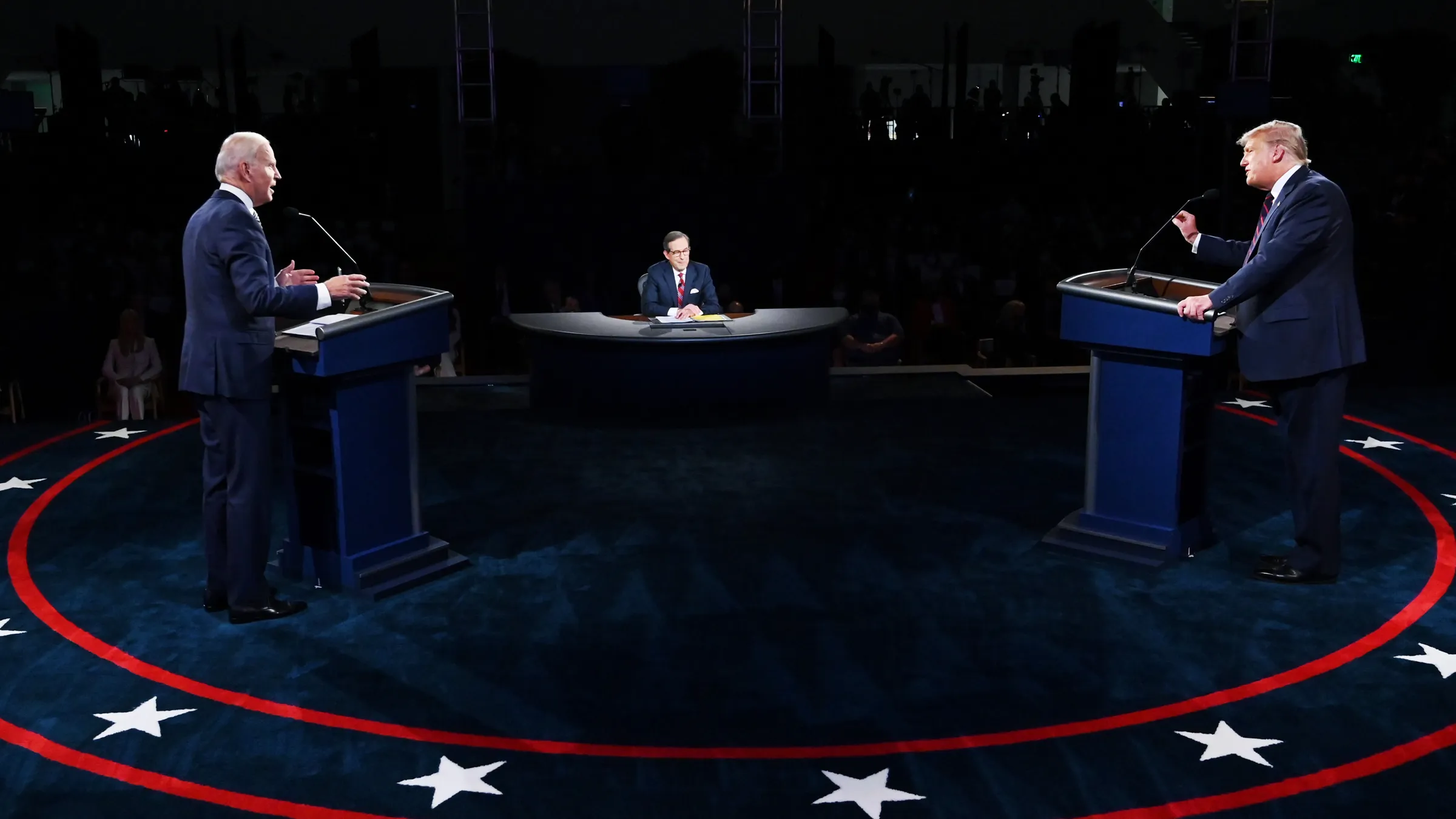Industry executives and others told Reuters that the U.S. Securities and Exchange Commission might approve ether-linked ETFs as soon as July 4 as asset managers and regulators finish talks
Eight asset managers, including VanEck, Franklin Templeton (BEN.N), Grayscale Investments, and BlackRock (BLK.N), are requesting SEC approval for the funds.
Most of them had implemented spot bitcoin ETFs in January, marking the conclusion of a decade-long dispute with regulators. Grayscale is once again attempting to convert an existing trust into an ETF.
Amending the offering documents has progressed to resolving only “minor” issues, according to executives at two firms who requested anonymity due to the confidential nature of the discussions. Before the ETFs can be launched, those documents must be approved.
A lawyer representing one of the issuers, who also requested anonymity, stated that the process was “nearing completion” and that approval was “likely not more than a week or two away.”
The Securities and Exchange Commission declined to respond. SEC Chair Gary Gensler stated in an interview with Reuters earlier this month that the launch date depends on how issuers respond to the regulator’s inquiries.
The January launch of funds that monitor the spot price of bitcoin was one of the most successful in the ETF market, attracting approximately $8 billion in assets, according to Morningstar Direct data.
The holdings of Grayscale Bitcoin Trust, which concurrently converted its $27 billion bitcoin trust into an ETF, decreased to $17.8 billion as of late June. Nevertheless, those nine new products have nearly $38 billion in assets.
A significant number of ETF and cryptocurrency analysts anticipate the introduction of the new spot ether ETFs to be less impressive.
James Butterfill, the director of research at Coinshares, stated that Ethereum does not have the same market capitalization or volumes.
:format(jpg)/cdn.jwplayer.com/v2/media/RW4LOJwZ/poster.jpg)
This month, the price of ether has declined by over 11%, while bitcoin has experienced a 9.8% decline. Ether’s value is generally affected by fluctuations in bitcoin.
According to Bryan Armour, an ETF analyst at Morningstar, the inflows of ether ETFs may be significantly reduced upon their introduction due to the disparities in market size and nature between the two cryptocurrencies.
“With bitcoin, there had been pent-up demand for a decade, and investor interest was off the charts,” he said. “This just isn’t going to command the same excitement.”
The rule modifications necessary for the New York Stock Exchange, Nasdaq, and Cboe to list and supervise trading in the new products have already been approved by the SEC.
This implies that the products could commence trading within 24 hours of the SEC staff’s approval of the filings.



